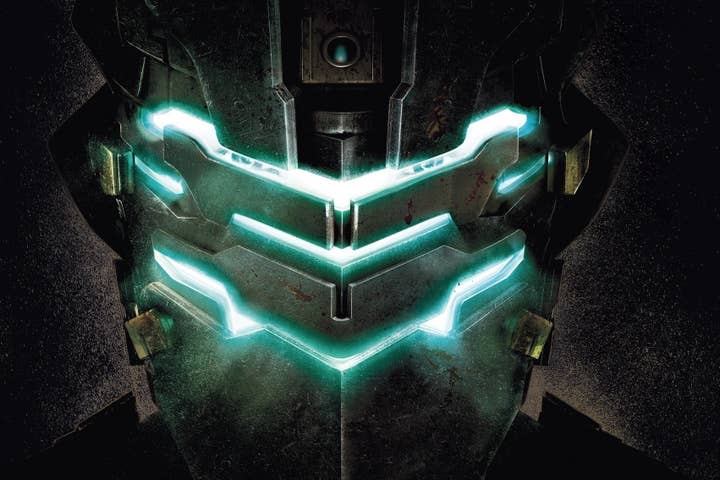What the evolution of Dead Space says about EA's strategy
Why EA has to continue experimenting with the business models behind blockbuster games
Yesterday, rumours were flying around the internet saying that Dead Space 4 has been cancelled after disappointing sales of Dead Space 3.
I haven't played any of the Dead Space games, so I can't comment on the criticisms that Dead Space 3 sold poorly because of game content or the way in which it dumbed down the gameplay experience to appeal to a broader audience. I can talk about how I see the microtransaction and other changes that vocal fans derided fit in with Electronic Arts' broader strategy.
The games market is polarising. The big are getting bigger (see Grand Theft Auto and Call of Duty beating first week sales records year after year) while the niche is becoming more viable (see every indie game on Steam) while the middle is getting squeezed (see THQ, Eurocom and dozens of other midsize developers). The emergence of digital distribution has brought along a bigger change than many people realised, driven by two different properties:
- It is cheaper than ever before to distribute content
- It is possible to have unique, personal, one-to-one relationships with every customer
The strategies that EA are putting in place reflect this reality.
The variable demand curve
The past 30 years were about putting games in boxes, shoving them in shops and trying to sell as many as possible. The price was basically fixed at around £30-40, so the only way you could make more money was to do more volume, i.e. sell more copies. You could also try to maintain the price for as long as possible by restricting price reductions and limiting trade-ins. What you couldn't do was to connect with your fans in any meaningful way.
We no longer live in that world, except perhaps for the very biggest blockbusters. We live in the world where there is a bewildering choice and variety of games available to us. At the same time, development costs for AAA games are enormous and rising, while the market is not getting bigger. In fact, that subset of the market is shrinking as players are distracted by the many different ways, times and devices they can play games on.
There is only one solution. It is to find a way to use the initial launch of AAA game as a starting point in your relationship with fans. It is to start the long process of turning games from one-off purchases to long-term relationships. It is about using games to engage with and retain players, to convert some of those players into fans and to convert some of those fans into superfans. In the process, niche AAA games that are not viable using the blockbuster, fixed-price-massive-volume model can become successful long-term businesses.
EA's strategy
Viewed through that lens, everything that EA is doing makes sense. It is trying to use its games as the starting point of the relationship. Sometimes those games are free (as in most of its mobile, tablet and online strategy). Sometimes they are paid (as in its console strategy). What they are trying to achieve is a revenue model which means that those people who love their games, who keep playing, who are vocal and demanding, are given an opportunity to spend lots of money on the products that they love. It is the only way for niche AAA games to survive.
I don't know why Dead Space 3 didn't do well. I don't know if it was about poor design decisions, a change of focus or gamers voting with their wallets and not supporting a game with microtransactions on principle (EA will have data on how many users engaged with microtransactions. Answering the other questions will be harder).
But I don't think gamers should view any rumoured cancellations of blockbuster projects as a victory against microtransactions. Finding a way for the biggest fans to pay lots of money to get things they truly value is the only way to support niche AAA games (and by niche, I mean anything outside the top 4 or 5 games released every year). EA may not have got the exact model right yet, but they are experimenting. The failure of the experiment does not mean that EA will abandon microtransactions: it means that it will abandon anything other than blockbuster games and tablet games.
Is that what you really want?
Nicholas Lovell is director at GAMESbrief, a blog about the business of games. He provides business advice on free-to-play and paymium design. He will be giving a masterclass on how to make money from free-to-play games in San Francisco on Sunday March 24, just before GDC. You can also book one-to-one surgeries
